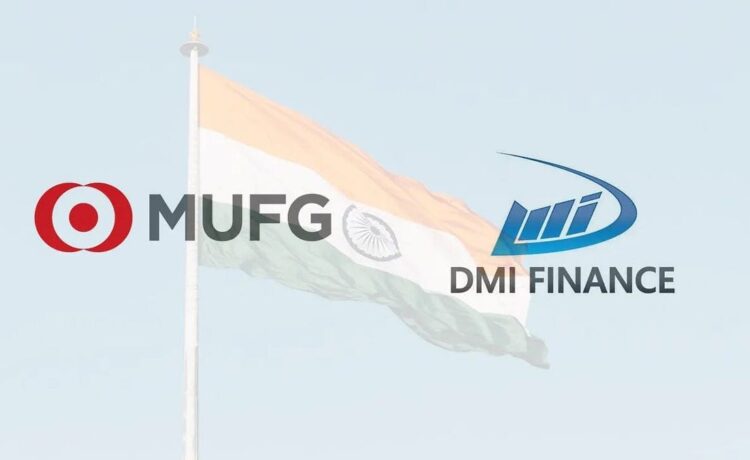The Reserve Bank of India (RBI) has taken action against DMI Finance, a major new-age non-banking finance company (NBFCs) and recipient of MUFG strategic investments, by asking DMI Finance (and several other NBFCs) to stop offering credit products from October 21st.
This move has caused stress among FinTech firms that rely on co-lending partnerships with large NBFCs. The RBI’s action was driven by concerns over very high interest rates, non-compliance with regulatory principles, and inadequate customer assessment guidelines.
FinTech companies typically operate in the sub-prime lending market, offering unsecured credit at high interest rates, sometimes reaching 35%-40% per annum. The RBI’s crackdown, which also impacted peer-to-peer lending startups in August, signals a tightening regulatory environment for unsecured lending.
Over the last few months, the Reserve Bank has been sensitising its Regulated Entities through various channels on the need to use their regulatory freedom responsibly and ensure fair, reasonable and transparent pricing, especially for small value loans. However, unfair and usurious practices continued to be seen during the course of onsite examinations as well as from the data collected and analysed offsite.
This increased scrutiny and potential for further actions against smaller fintechs have led to a reassessment of risks within the sector. As a result, industry experts believe that underwriting processes will become stricter, disbursals will slow down, and overall growth in the unsecured lending market will be negatively affected.
The Economic Times wrote on October 17 that Lendingkart, a popular small business-focused lending firm, is raising an internal round at a valuation of $100 million. The valuation is down from $350 million in the previous round, indicating the increased risks faced by the segment.
In August 2024, MUFG Bank made an investment of INR 27,988 million (approximately JPY 49 billion) in DMI Finance. This was a follow-on to the April 2023 strategic investment of INR 19.1bn (USD 230m).















